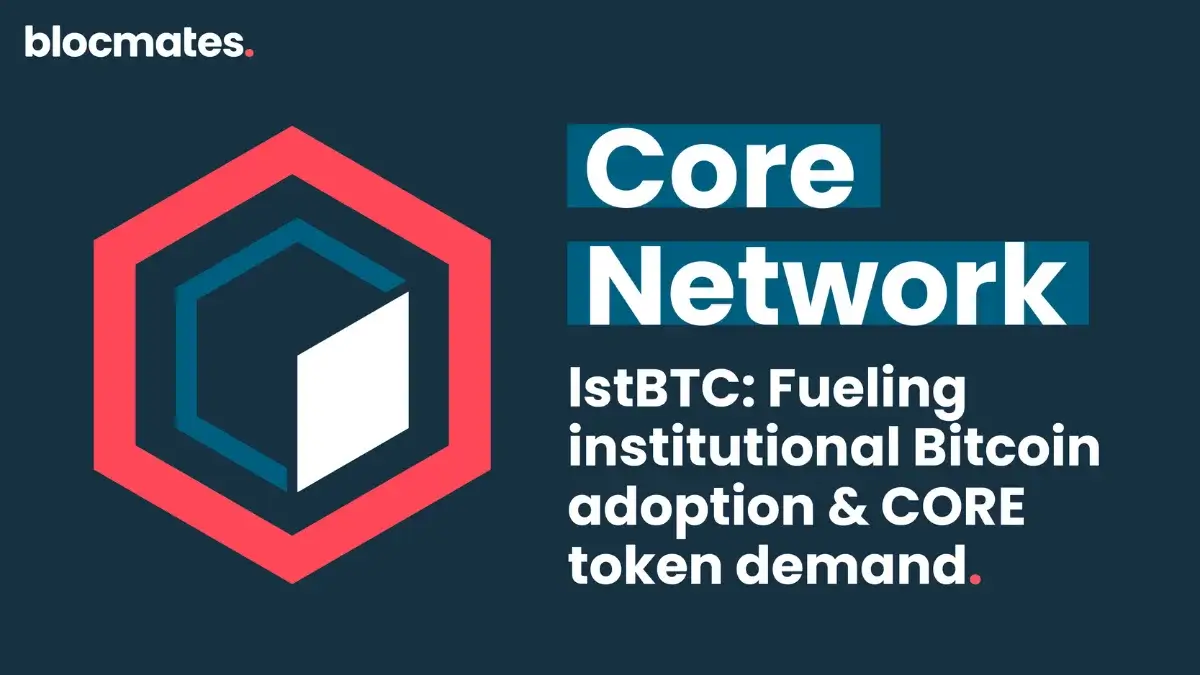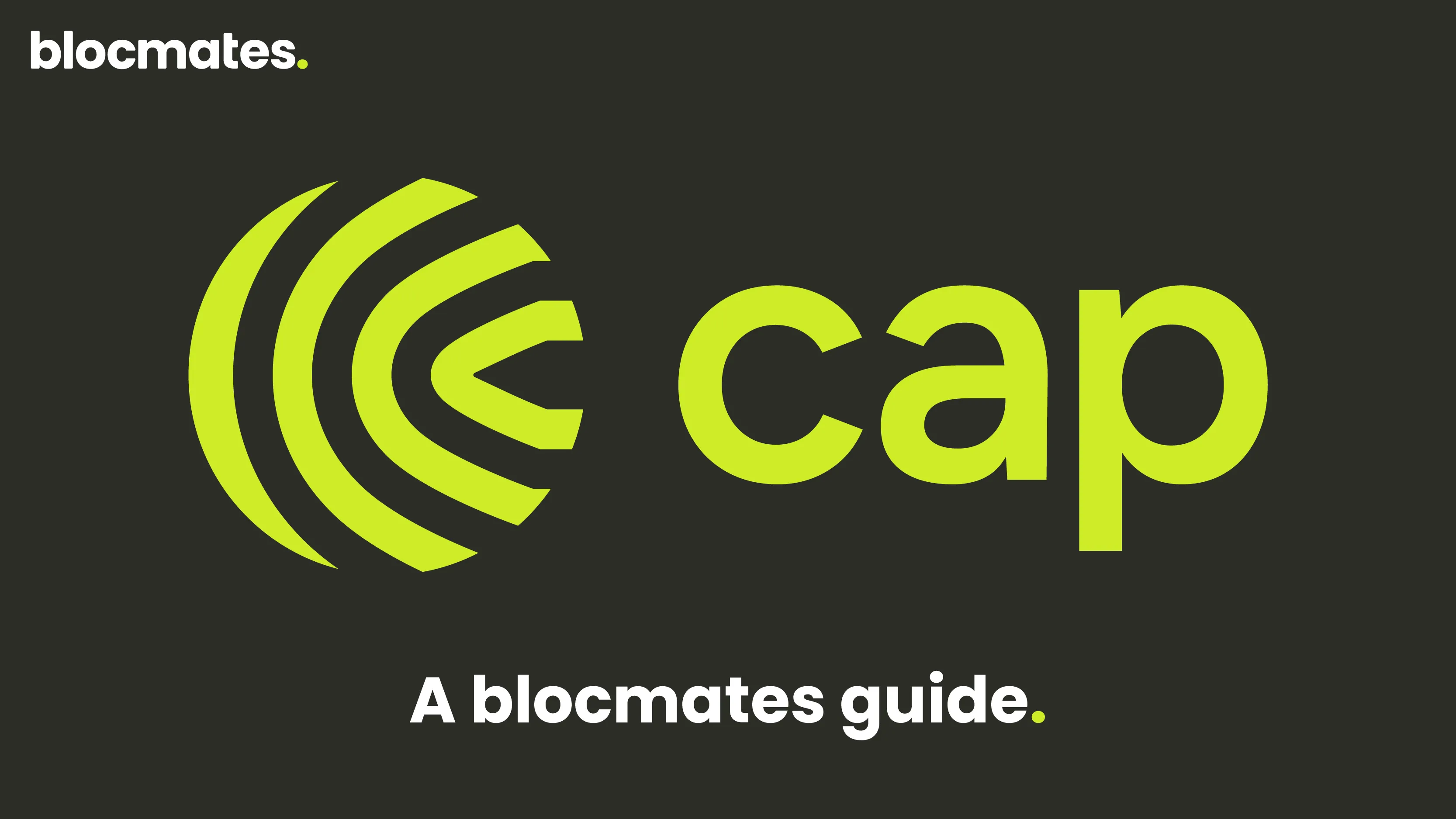Kaito AI is making some big changes to how it rewards voices in crypto’s social ecosystem.
On X, founder Yu Hu shared that the platform is overhauling its Yapper Leaderboards and rolling out a new gKAITO mechanism, both designed to fine-tune incentives and reduce the noise created by bots and shallow content farming.
Reputation thresholds, new leaderboards, and the fight against farming
Yapper Leaderboards have been central to Kaito’s plan to reward on-chain social engagement. But over time, things started drifting. As Hu put it, the leaderboard “swayed too far into allowing noise and farming,” a side effect of both AI tools and X’s monetization model.
To address this, Kaito is introducing a reputation-based threshold for leaderboard eligibility. This threshold considers a user’s Yaps, Smart Followers, and overall presence within the Crypto Twitter or X space.
The move echoes practices already seen on platforms like X, TikTok, and YouTube, where creators must meet certain activity metrics before monetizing.
Kaito’s goal is to encourage deeper contributions and filter out low-effort content.
The platform is also adding category-specific leaderboards, milestone-based rewards, and a global slashing system to discourage misinformation and manipulation.
Introducing gKAITO: a broader way to contribute
Alongside the leaderboard changes, Kaito is launching gKAITO, a participation token built around five pillars: Thought Leadership, Attention, Participation, Ownership, and Culture.
According to Hu, gKAITO is meant to “bring together everyone,” giving both active and passive contributors a unified way to benefit from the platform.
gKAITO holders will get perks like fee sharing, access to deal flow, and more ways to tap into the ecosystem.
Community feedback has been mixed. Some see the updates as a step toward quality and sustainability. Others worry the new thresholds may alienate smaller accounts.
Still, Kaito insists these updates are just the beginning of continuous iteration as it attempts to balance transparency, influence, and decentralization across the InfoFi space.




.webp)















.webp)

.webp)
.webp)

%20(1).webp)



























































%202.webp)


.webp)

.webp)
.webp)
.webp)



.webp)












.webp)
.webp)

.webp)
.webp)
.webp)


.webp)
.webp)










.webp)


.webp)









.webp)







.webp)




.webp)


























.webp)







.webp)















.webp)

.webp)
.webp)

.webp)














.webp)

.webp)


.webp)








.webp)




